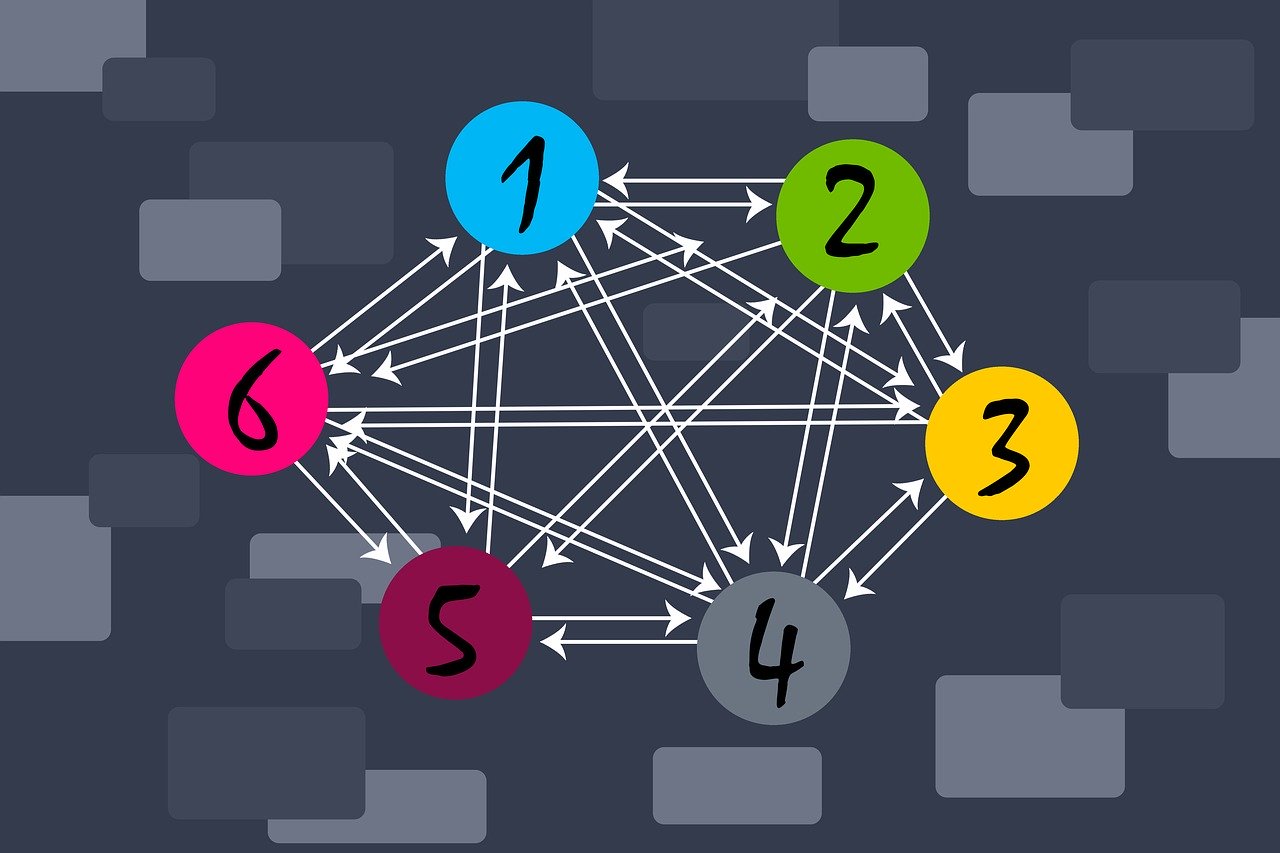Let’s cut to the chase. If you’re new to the world of online marketing and are looking for a proven hack to get your website to rank on page one of Google search results, backlinks are the way to do it.
Content is what you give to search engines to have something to serve up to internet users every time they enter a search query. Using backlinks is how you drive more visitors to your site without them having to go through search engines to do it. Easy enough, right?
This post dives deep into the world of Off Page SEO backlinks to help you understand what they are, how to get them, and how they work to get your site to the number one spot on Google.
What are Backlinks
A backlink is simply an inbound link from an external website to yours. The reason it is considered off page SEO has to do with the fact that it involves steps taken outside a site to optimize it for ranking in SERPs.
Think of it this way. Every time a user visits your site from another one, it’s like a vote of confidence. The higher the number of votes your site receives, the more popular it appears to search engines. It tells them that you have high-quality content that users might be interested in.

Now, if your visitors come from well-established high-traffic websites considered to have high domain authority, it sends positive signals to search engines that your site has information that users will find relevant. So, it gets bumped up to the top.
How to Get Backlinks
Three different link types exist. Here’s what you need to do to get them.
1. Editorial Links
These are also referred to as “natural” links. They are essentially inbound links to your website that you get without even asking. Other site owners simply give them without having to reach out to the recipient site to request them to link to them.
One backlink strategy you can use to get editorial backlinks would be to create great content (obviously!) and then seed it with a couple of influential bloggers. That way, they naturally become aware of it.
You can also use curators. These are websites that round up links of the best content on the internet at any particular time. Send them links to some of your most exceptional content, and if they like it, they’ll add it to their list. These types of websites have high traffic, and the best part is search engines consider these links natural.
Keep in mind; this process isn’t instantaneous, which is partly why editorial links are so highly regarded. But they have Google’s stamp of approval, which means that they’re built to last.
2. Link Outreach
Outreach link building is probably the most common type of SEO link building there is, especially for businesses that are just starting in the world of online marketing. It involves getting in touch directly with bloggers and site owners and asking them to link to your site.

In most cases, they’ll likely give you the cold shoulder if you don’t give them a compelling reason why they should link back to you. So, you need to ensure that your content is not just relevant and unique, but has great entertainment value as well.
They should also be in the same industry you’re in. If you have a cupcake blog, a home construction website owner might be confused when you ask them for a link.
In the same breath, the quality of the site linking back to yours also matters. So you don’t want to be reaching out to every Tom, Dick, and Harry with a blog. Contact people who are relevant in your field and who put out high-quality content. Industry thought-leaders and social media influencers are a great starting point.
3. Non-Editorial Backlinks
These are typically self-created inbound links to your website or blog. This means you create them yourself.
They are generally frowned upon in the SEO world as they tend to be associated with black-hat practices. These fool search engines into believing that a particular piece of content is relevant when it isn’t. Examples of these include those placed in:
- Advertorials
- Article directories
- Embeddable widgets and infographics
- Guestbooks
- Optimized anchor texts in press releases
- Unmoderated blog post comments
- Unmoderated directories
- User profile pages

While using these techniques may seem harmless, Google not only devalues these types of links, but it can potentially hurt your website as well. They may have worked for optimizing some websites in the past, but you need to be extremely cautious if you choose to implement them now.
The Role of a Backlink Checker in Off Page SEO
When a reputable website links back to your page, it is essentially vouching for the quality of content you have there. However, if a low-quality website links to yours, that won’t do anything for your SEO efforts.
Even though Google asserts that spam sites with backlinks to your pages won’t hurt your SERP ranking, it’s better to avoid them altogether. A backlink checker is an invaluable tool to use to monitor the profile of your backlinks and get instantly notified the moment that a poor quality website links back to any of your webpages.
You can then use the Google Webmasters tool to disavow these links so that it doesn’t take them into account when assessing your website.
Google Core Update - May 2020
Core algorithm updates are huge. When updates are made to the core algorithm of a search engine, many domains experience significant volatility and changes in their rankings.
From May 4th to May 18th Google rolled out it’s latest core algorithm update. Throughout the digital marketing and SEO community, many suffered drastically in their keyword rankings; yet, a small handful benefited significantly from the update.
Google keeps the exact nature of their updates a closely-guarded secret but many speculate that the latest core update further addressed the matter of link quality. Specifically, contextual link source quality may have been the biggest factor in this latest update — which would make sense following Google’s BERT (Bidirectional Encoder Representations from Transformers) update in October 2019.
As Google makes advancements in natural language processing, Google’s ability to assess link quality will also advance.
Choose Quality Over Quantity
Get inbound links from niche-specific sites that have high domain authority and contextual relevance. But beware of link brokering services as these will likely destroy your domain’s authority and keyword rankings, especially as search engine algorithms get even more sophisticated.
Make no mistake: backlinks are still one of the most important factors when it comes to ranking among the top results in Google and other SERPs. The more the number of high-quality backlinks you can get to your site, the better it is for SEO, which means more traffic to your site.
Get in touch with a backlink service today to develop a solid strategy to get your site to the top of search.

